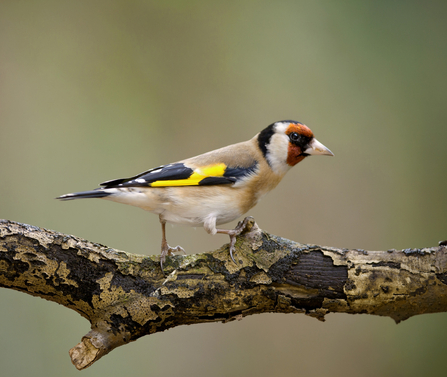At COP16 – the global UN nature conference in Cali, Colombia – today is Finance and Biodiversity Day.
Increasing the amount invested in nature, as well as reducing the harmful subsidies for nature’s destruction, is critical to meeting the environmental goals the world signed up to through the Global Biodiversity Framework. This week, the UK Government has the perfect opportunity to demonstrate how this can be achieved at home as Rachel Reeves announces her Budget on Wednesday in one of the most anticipated moments of the new Government.
The Chancellor has promised to use Labour’s first budget in more than a decade to reboot economic growth by prioritising investment in infrastructure and repairing public services. But to get Britain growing, investment in repairing our natural infrastructure cannot be forgotten.
There is clear evidence that environmental decline is already slowing economic growth. Analysis from the World Economic Forum (WEF) estimates that half of all economic activity is moderately or highly dependent on nature, but its decline now makes it one of the top four risks to the global economy over the next decade. Research shows that this could lead to an estimated 12 per cent loss of GDP as early as 2030. This estimated loss is larger than that resulting from the global financial crisis and Covid-19 pandemic.
To support long-term economic growth, and not put a sticking plaster over the cracks that the chronic loss of nature is causing to the economy, investing in natural infrastructure is critical. This will not only create a more resilient economy but would also improve millions of people’s lives with better access to nature, enhance food and water security, and enable the UK to meet its climate goals.


